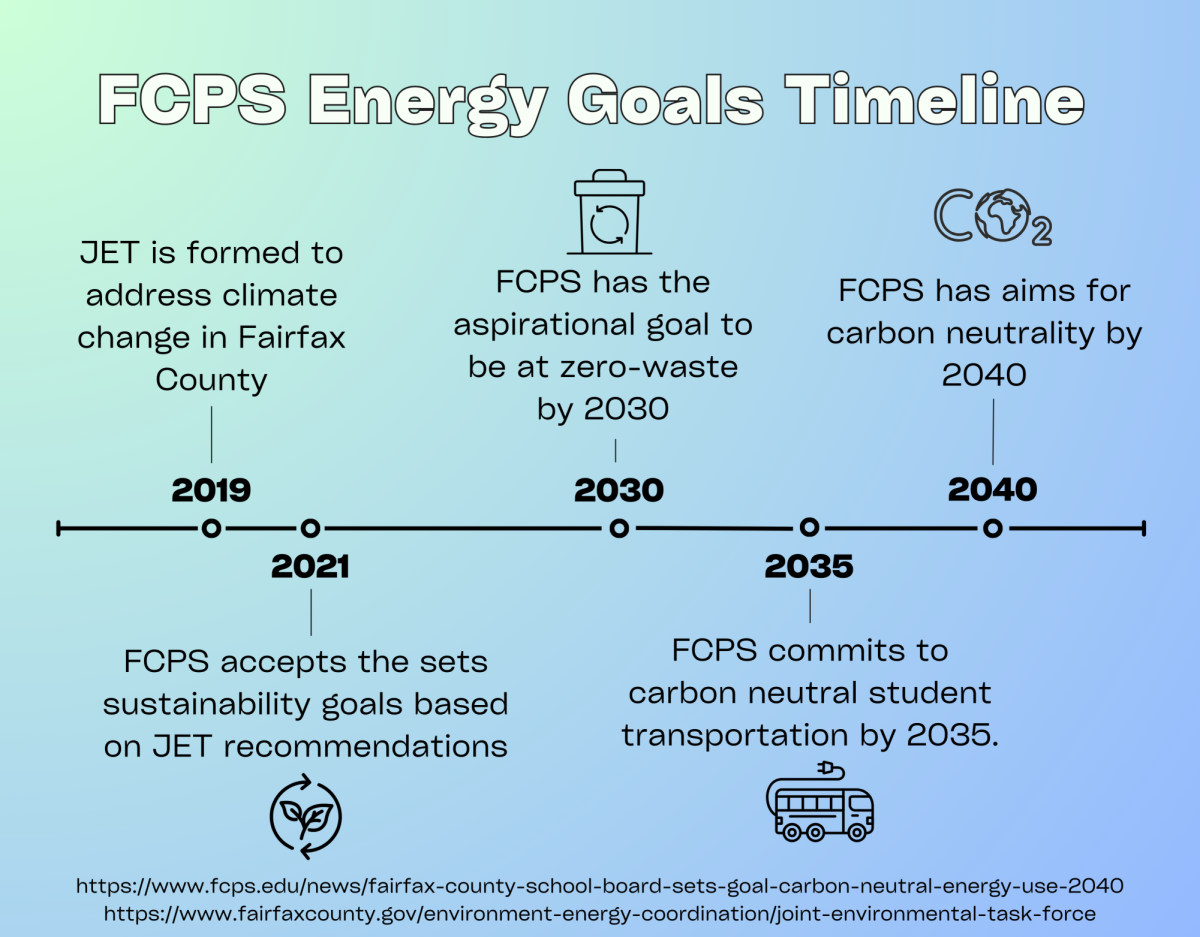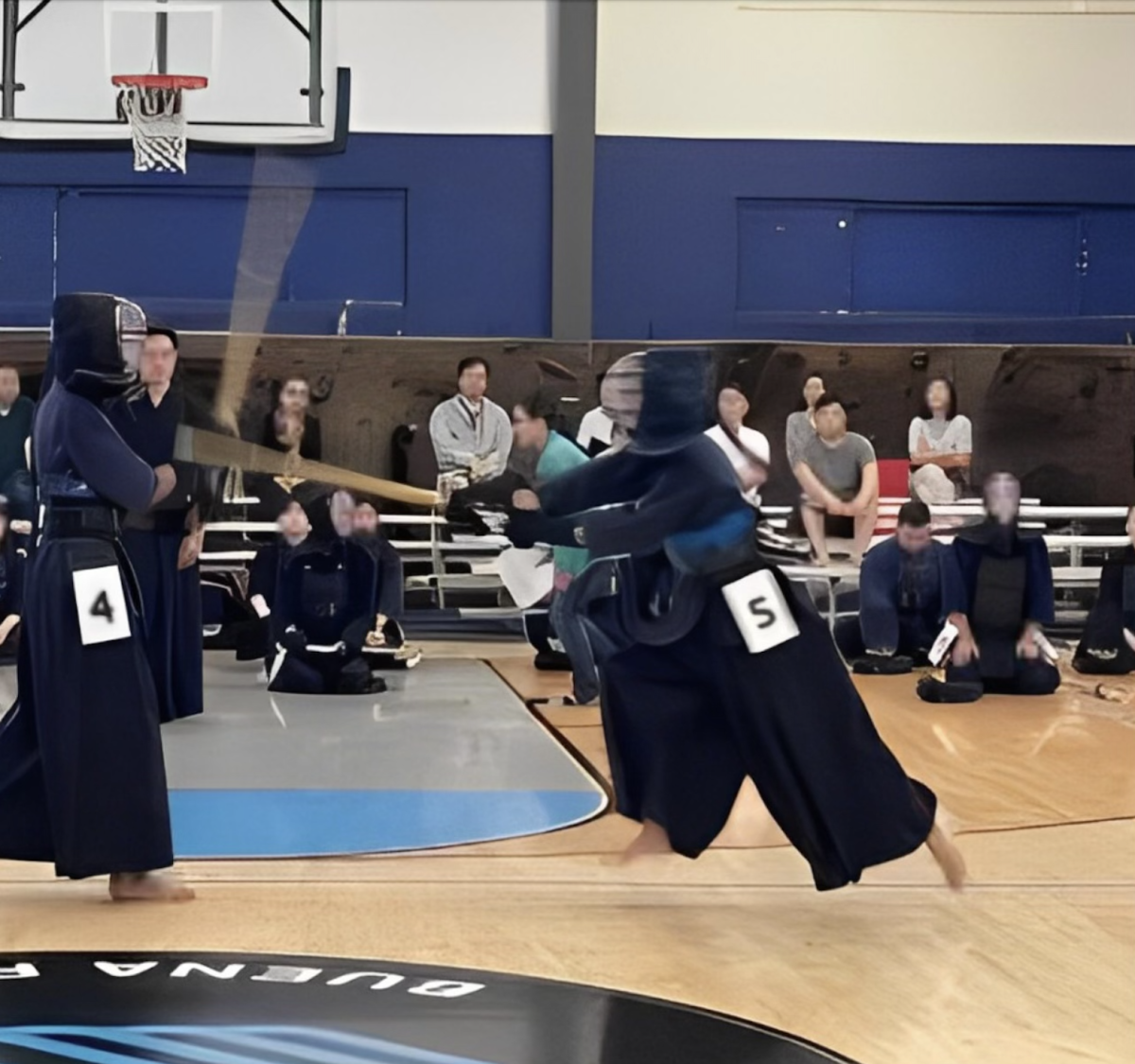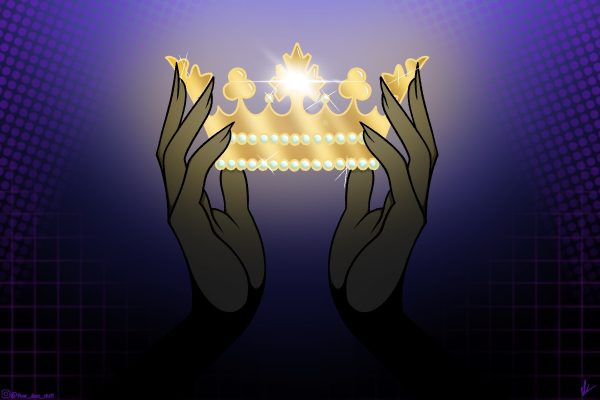A woman not for all women
November 11, 2020
On Sept. 18, 2020, the U.S. lost a champion of gender equality, Supreme Court Justice Ruth Bader Ginsburg. In her final moments, surrounded by family, the notorious RBG famously shared her dying wish with her granddaughter. Even in failing health, she was worried about the future of equality for generations to come: “My most fervent wish is that I will not be replaced until a new president is installed,” said Justice Ginsburg.
Fast forward one month and eight days from Justice Ginsburg’s passing — eight days before the 2020 Presidential Election — and the Senate confirms a replacement Supreme Court Judge. President Donald Trump went ahead with what has been considered a hypocritical political play and nominated Justice Amy Coney Barrett just days after Ginsburg’s passing. Many questions have been raised on the legitimacy of this nomination, but this article serves to clarify one in particular: just because President Trump nominated a female justice to fill Ruth Bader Ginsburg’s seat on the Supreme Court does not mean he has honored her dying wish.
We can conclude there is a reason Ginsburg’s dying wish was not solely to be replaced by another woman; she wanted to be replaced by someone who is representative of what the general public wants and will build upon her groundbreaking legal strides, regardless of their gender. Bonus points if that person is a powerful woman, but they have to be a powerful feminist woman in order to truly uphold the legacy of RBG. The question I pose: is Justice Amy Coney Barrett a feminist?
A few weeks ago, I opened up the Apple News App to find the words “A New Feminist Icon” staring back at me in bold red text. I’m not exactly sure what I expected when I clicked on the Politico headline, but it definitely wasn’t a blown-up picture of Justice Barrett. The opinion, written by Politico columnist Erika Bachiochi and originally published on Sept. 27, 2020, claimed that as a working mother of seven, Justice Barrett “embodies a new kind of feminism.”
There’s no denying that Justice Barrett — now being called the “glorious ACB,” a play on Justice Ginsburg’s lasting nickname “notorious RBG” — is a powerful woman. She is a “top-notch legal scholar,” as described by law students and professionals at the University of Notre Dame, a successful judge on the 7th U.S. Circuit Court of Appeals at the time of her nomination, and on top of it all, a mother to seven children. She does it all; she is the definition of a successful working mother. Republican women from across the nation are taking those facts and running with them in support of Barrett.
“When we look at Judge Barrett, we see an accomplished woman,” said Senator Deb Fischer (R-Neb.). “We see a brilliant jurist. We see a nice person. We see someone who has been able to balance her family life with a husband and seven children.”
But do we see a feminist? Just because Justice Barrett is a women holding a position of power does not inherently make her a feminist, nor does it mean that feminists should feel obligated to support her.
“If we’re truly playing identity politics, the question is not whether Barrett is a woman,” said columnist Monica Hesse in an article for The Washington Post. “It’s not even whether she supports women. The question is whether the judge, as a member of the highest court in the land, will interpret the law in a way that will allow women to support themselves. If the job of a judge was to be a role model — to live a good life young women could view as an option for their own lives — then, yes, without question, put Barrett on the Supreme Court. But that, of course, is not the job. The job of a judge is to judge.”
Another circulating doubt about newly appointed Justice Barrett is her relative lack of experience compared to the other sitting Supreme Court Justices. While this topic constitutes a discussion of its own, many of Justice Barrett’s supporters have flipped this seemingly negative aspect into a positive argument for her appointment. Her lack of extensive legal experience as a judge means there aren’t many of her cases to draw as precedent for future rulings, which some claim will leave her viewing cases in a refreshing light. So, we are left to assume.
Although, there isn’t much room for assumption in this case. Justice Barrett’s mentor, the late Justice Antonin Scalia, has been referred to as a “conservative legal idol.”
“I guess it’s technically possible that Barrett, at her confirmation hearings, might argue persuasively that her views on Roe v. Wade have changed since 2006. Or since 2013. Or 2016,” said Hesse. “It seems more likely, though, that after years of promising to take away reproductive freedom or curtail the rights of transgender people, and after publicly lobbying for a Supreme Court amenable to these goals, conservatives have found someone they feel will get it done. And hallelujah, she’s a woman.”
Hesse has a valid point: why would President Trump nominate someone who he doesn’t believe will align with his political views and future goals? It’s an understatement to say that Trump’s political agenda doesn’t exactly stick its neck out for the feminist ideals that fight in support of equality for all. According to NPR, President Trump has openly declared that he will be nominating pro-life justices that vow to overturn Obamacare. We can reasonably assume that Justice Barrett is not an exception to that declaration.
“Ginsburg was beloved among liberal women because her work opened up doors for the women who came behind her,” wrote Hesse. “How dispiriting to fear that the next woman to walk through them might shut them behind her.”
Barrett might be the “new kind of feminist,” but I don’t think it’s up to us to redefine a movement that past generations have poured their heart and souls into. What we do know is that she will not be a judge that continues the work of Justice Ginsburg — she will not make consistent decisions that allow women to govern their own lives without facing discrimination — so she certainly doesn’t align with the “old kind of feminism.”
A feminist is not solely a powerful woman; a feminist is a powerful woman who will use her power to fight for the rights of all other women — no matter their race, sexual orientation, religion or socioeconomic class. Justice Amy Coney Barrett is a powerful woman, but not a powerful feminist woman.
This story was originally published on The Statesman on November 10, 2020.































![IN THE SPOTLIGHT: Junior Zalie Mann performs “I Love to Cry at Weddings,” an ensemble piece from the fall musical Sweet Charity, to prospective students during the Fine Arts Showcase on Wednesday, Nov. 8. The showcase is a compilation of performances and demonstrations from each fine arts strand offered at McCallum. This show is put on so that prospective students can see if they are interested in joining an academy or major.
Sweet Charity originally ran the weekends of Sept. 28 and Oct. 8, but made a comeback for the Fine Arts Showcase.
“[Being at the front in the spotlight] is my favorite part of the whole dance, so I was super happy to be on stage performing and smiling at the audience,” Mann said.
Mann performed in both the musical theatre performance and dance excerpt “Ethereal,” a contemporary piece choreographed by the new dance director Terrance Carson, in the showcase. With also being a dance ambassador, Mann got to talk about what MAC dance is, her experience and answer any questions the aspiring arts majors and their parents may have.
Caption by Maya Tackett.](https://bestofsno.com/wp-content/uploads/2024/02/53321803427_47cd17fe70_o-1-1200x800.jpg)
![SPREADING THE JOY: Sophomore Chim Becker poses with sophomores Cozbi Sims and Lou Davidson while manning a table at the Hispanic Heritage treat day during lunch of Sept 28. Becker is a part of the students of color alliance, who put together the activity to raise money for their club.
“It [the stand] was really fun because McCallum has a lot of latino kids,” Becker said. “And I think it was nice that I could share the stuff that I usually just have at home with people who have never tried it before.”
Becker recognizes the importance of celebrating Hispanic heritage at Mac.
“I think its important to celebrate,” Becker said. “Because our culture is awesome and super cool, and everybody should be able to learn about other cultures of the world.”
Caption by JoJo Barnard.](https://bestofsno.com/wp-content/uploads/2024/01/53221601352_4127a81c41_o-1200x675.jpg)













